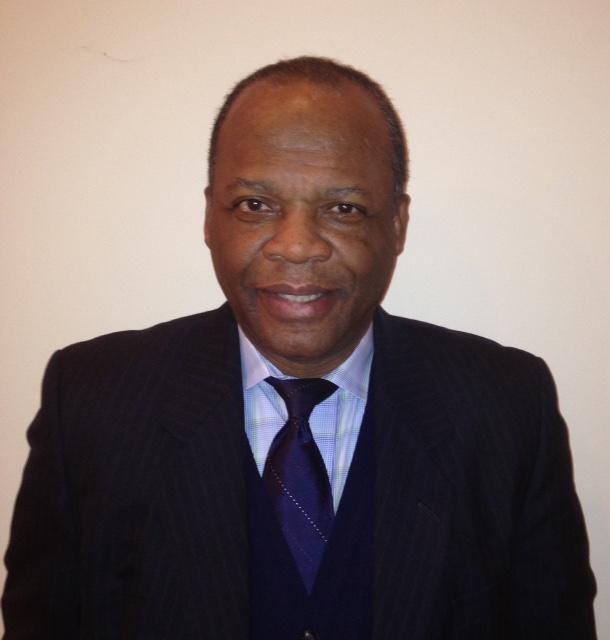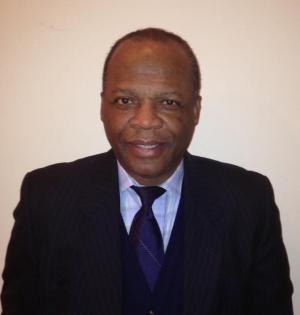Article Information
- ARTICLE_POSTED_BY: Haiti Place Staff
- ARTICLE_POSTED_ON: Jun 15, 2015
- Comments : 1
- Views : 1168
- Likes : 2
- Category : Health Care
-
Description :
Since the 2010 earthquake, the international community has become more aware of the situation in Haiti. Large amounts of money have been donated for relief efforts and improved medical services. The international medical community has been more active in medical missions to Haiti, but more importantly the Haitian Diaspora has been more involved.
Overview
 Dr. Daniel Faustin
Dr. Daniel FaustinSince the 2010 earthquake, the international community has become more aware of the situation in Haiti. Large amounts of money have been donated for relief efforts and improved medical services. The international medical community has been more active in medical missions to Haiti, but more importantly the Haitian Diaspora has been more involved.
Dr. Daniel Faustin is an active member of the Haitian Diaspora community in the US. Besides having his medical practice in the New York area, in the fields of Obstetrics and Gynecology, Dr. Faustin has also been part of the Association of Haitian Physicians, and an investor in Haiti.
He is convinced that it will take a lot of effort to bring the Haitian healthcare system to the international level.
"It's a system that needs a great deal of help bring it to the international level. I believe it will take a very strong infusion of resources both from the technical and educational standpoints, as well as infrastructure on the ground to make healthcare available and affordable for the large Haitian population."
Lack of access to basic care
Dr. Faustin noted that the biggest challenge in the Haitian medical system is the lack of access to basic care. There are not enough medical facilities, ambulances, and roads to transport people during emergencies.
The consequences can be fatal.
"For example, the majority of women who deliver children in Haiti do so outside of the hospital environment," pointed Dr. Faustin.
"They deliver at home, regardless of the risks. That's one thing that has been forbidden in the developed countries in North America, or in Europe, because of the very nature of the business of giving birth.
Because of the lack of facilities, or access to facilities, people in need end up taking a chance at playing Russian roulette and delivering at home, and dying in the process. That's a major challenge."
How much value do we place on human life?
The quality of teaching medicine and the quality of healthcare practice have a huge impact on people's lives. The way healthcare professionals are trained determines the kinds of decisions they will be making in regards to someone's health.
There is also another dimension that doctors in Haiti and elsewhere should be more aware of:
"How much do you value human lives, and how much do you go out of your way to ensure that people are taken care of with dignity?,” asked Dr. Faustin.
"Definitely this is the kind of challenges that I think the next generation of Haitian leaders will have to take into consideration to improve the healthcare system," noted Dr. Faustin.
Education is key
"One cannot benefit from the full advantages of a healthcare system if the general population is not properly educated," said Dr. Faustin. He pointed out that Haiti has to invest in its citizens' healthcare education so that they can learn about nutrition, about ways to avoid infectious diseases, about negative effects of alcohol, tobacco, and illicit drugs, and to learn about a healthier lifestyle overall.
A new Vision
Asked to describe his vision for an improved healthcare system in Haiti, Dr. Faustin said:
"First of all, Haiti should be able to have a network of health centers of excellence throughout its territory. It's very important. If we have 10 geographic departments, every one of them should be provided with a campus that has integrated learning and caring facilities. In addition to such large campuses, there should be ambulatory centers in different cities that should be connected to those health centers. And, all those things should be under the supervision of the Ministry of Health, which can be working together with the international partners, whether this comes from the members of the Diaspora, or the Friends of Haiti. I see the creation of major centers, and staffing and equipping them with proper content so that care can be given."
Dr. Faustin added:
"Haiti is an island, that's true, but the world has become one. We will have to take into consideration working together and with partners from all around the world to bring technology, knowledge, and resources to the country. Every Haitian family should live in the knowledge that if they need medical care, that it is available, so they can be productive citizens in their own right."
